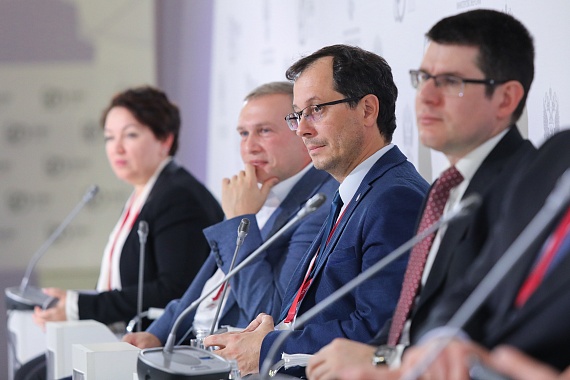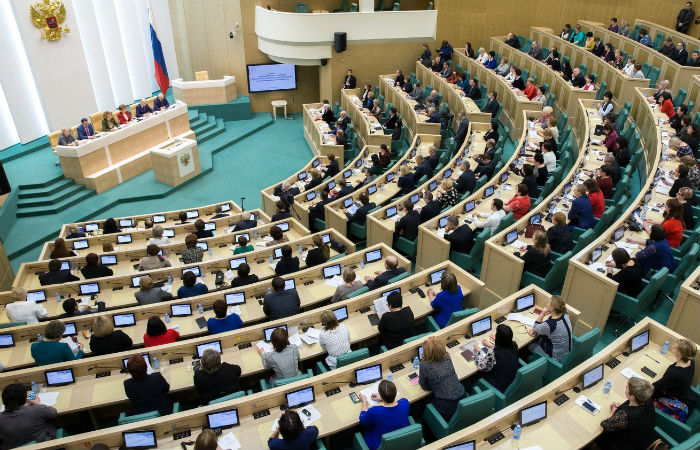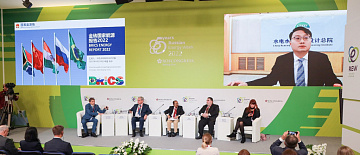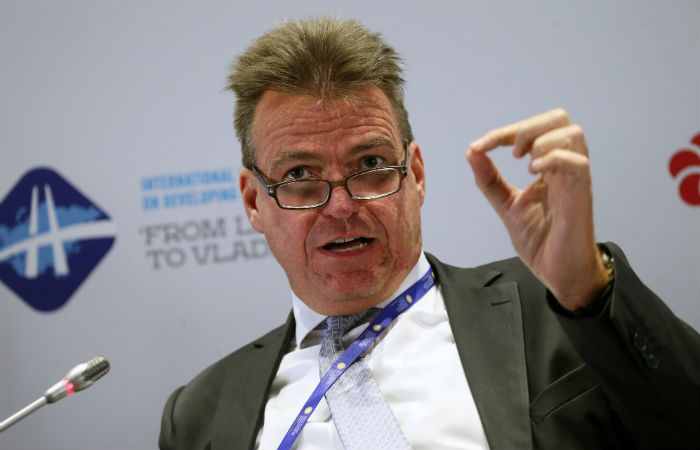How May Utility Payments be Organized in a Way that is Convenient for the Public and Transparent for Suppliers

KEY CONCLUSIONS
On 1 April 2018, account settlement with resource supplying companies transitioned to direct contracts
“As part of the development of the project on transitioning to direct contracts (between service providers and users — Ed.) <...> we were working on solving the issue of how to combine this good start with resource supply companies and managing companies with, under the transition to direct contracts, the sudden large number of payments and resource customers. <...> The legislation on direct contracts provides a vital, necessary solution to the issues related to making such contracts. The topic of whether there should be a unified or non-unified payment processing centre is currently set aside for further elaboration”, — Andrey Maximov, Deputy Head of the Department of Electric Power Development, Ministry of Energy of the Russian Federation
“The experiences of those regions or cities that have transitioned to unified payment systems indicates that the share of payments settled is higher under a unified system <...> which is a positive note we need to keep in mind”, — Andrey Maximov, Deputy Head of the Department of Electric Power Development, Ministry of Energy of the Russian Federation
Payment processing centres should administrate, not collect money
Payment processing centres should probably be organizational systems – handling documentation, billing, and interacting with the public regarding the quality of resource supply companies’ services. This is not an organization that should be gathering money into its own accounts”, — Andrey Maximov, Deputy Head of the Department of Electric Power Development, Ministry of Energy of the Russian Federation
PROBLEMS
Consumers’ payments frequently don’t make it to suppliers
“We, like any resource supplying organization, have problems with settlements from managing companies <...> Issues with communal use, which are now considered part of residential upkeep, remain. From our point of view, there are two problems here. One problem, that probably, at the very least, is more pressing in our region, is when the managing organization receives money for communal building upkeep but does not deliver it to the resource supplying organization. This causes a debt that is frequently a permanent loss. The second problem <...> is that communal use is considered part of residential upkeep, so there are regulations that limit it”, — Aleksandr Mikhaylishin, Technical Director, Novosibirskenergosbyt
“If right now the public is used to interacting purely with the managing company <...> then insofar as an increasing number of multifamily buildings will be transitioning to direct contracts, the payment issue will becoming increasingly relevant”, — Andrey Maximov, Deputy Head of the Department of Electric Power Development, Ministry of Energy of the Russian Federation
SOLUTIONS
Digitalization and implementing smart metering systems
“Digitalization will help simplify the payment system, making it more affordable and transparent, and allowing us to see all of the payments made”, — Marina Fayrushina, Council President, ARRC
“Aside from being convenient, smart accounting helps us reduce losses <...> What it also does is increase payments. <...> Smart accounting helps improve the quality and organization of the payment processing centres’ work”, — Andrey Maximov, Deputy Head of the Department of Electric Power Development, Ministry of Energy of the Russian Federation
“We’ve built a unified information system, which includes the billing system, i.e. the accounts center, the dispatching system that gathers the meter information around the city <...> After implementing this system, to which approximately 800 buildings are currently connected <...> We noticed that all of the heating issues disappeared. <...> We launched a dispatcher service for electricity and hot and cold water <...> houses where common use accounted for 40% of electrical energy, now show figures of 2–3%, since data is collected instantaneously. In other words, there are no gaps in metering, it instantly gets transmitted to billing, both the common use and residence-specific figures <...> Now that we collect all of our data in one system, we’ve been able to significantly lower the cost of these services – to about 250 to 350 roubles per building”, — Valeriy Kandaulov, Deputy Director for IT, AIS Gorod LLC
“All of the public marketplace technologies, the extra services improving the system – invoicing, additional services – all of that could survive without the government perfectly well, this purely a matter of market. <...> Controlling the housing and utilities system, the obligation to provide utility services, that’s considered the government’s responsibility. <...> There’s no getting on without the government here, it is the purchaser of this digitalization. Housing and utilities digitalization is the transition from a manual to an automated system”, — Denis Shabarin, General Director, Unified Information and Settlement Center of Leningrad Region
Implementing integrated payment services
“We are for comprehensive services. We believe that there have to be alternatives, that services shouldn’t be forced on customers, but carefully offered to them. They can agree or refuse – all of this involves a risk calculation by the economic subject. Currently, on our site we accept payment for gas and water, so that a person can conveniently pay for everything in one place. We let people come to, if we’re talking about the domestic sector, solutions together with us – that includes setting up metering devices, wiring, installation, etc.”, — Aleksey Sitdikov, Deputy General Director for Development, Group of Companies TNS Energo PJSC
“Today there are tools on Viber, Telegram, where the user, without exiting the messenger, can pay their utilities bill <...> The pool of communal payments wouldn’t just look like the individual monthly payments that people make today. <...> I would say we’re looking at a single digital window, just like in a regular internet store, and all of those payments would appear, just like in a shopping cart, and once a month a person would log on, see all of them, press one button, and all of it would automatically be paid for”, — Aleksey Zaykov, General Director, USC – Financial Logistics
“We’re trying to make the process convenient for the client, so that they can pay for various services in one place. We’re trying to make this service universal, so that it would cover any sort of payment scenario. <...> At the same time, by implementing modern payment options, we’re also doing away with a number of serious expenditures on cash offices, on wages for the people working in those offices, on cash-in-transit services. We’re integrating internet technology features <...> all actors in the process are instantly informed that the payment has been made, and for what service or what resource”, — Aleksandr Mikhaylishin, Technical Director, Novosibirskenergosbyt
Increasing payment transparency
“In reality, by using information systems <...> by using internet technologies, it’s no trouble to divide the amount that the management company receives for common use services into funds for the resource supplying organization and for housing services ¬– the part that stays with the management company. This can be done by using special accounts in a credit organization. <...> That way we would be able to increase the transparency of housing and utilities payments and guarantee that the necessary funds will reach resource supplying companies”, — Aleksandr Mikhaylishin, Technical Director, Novosibirskenergosbyt





